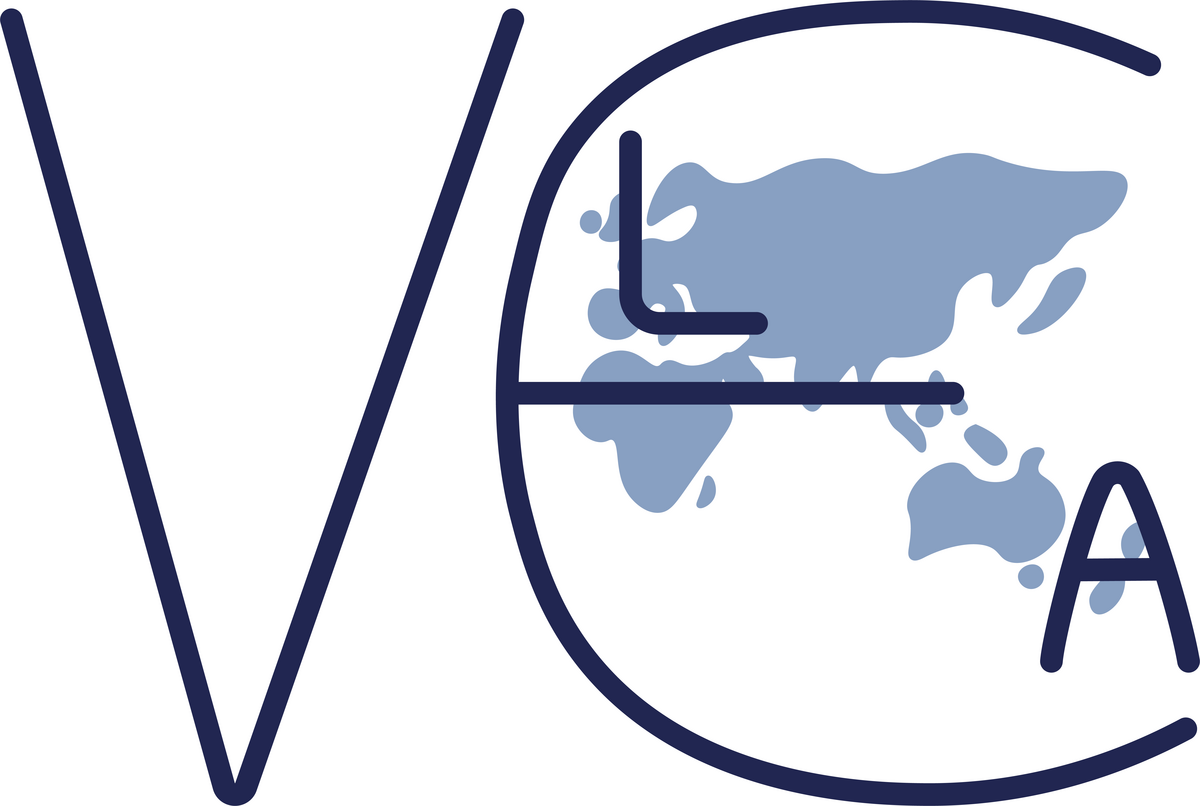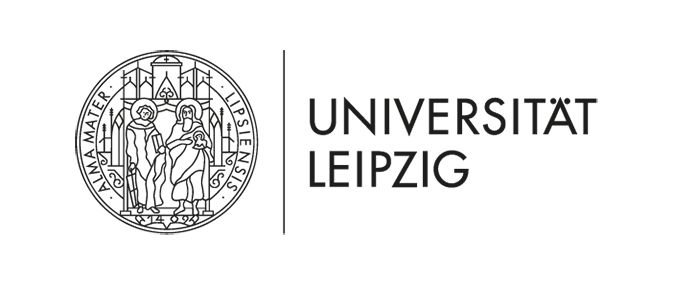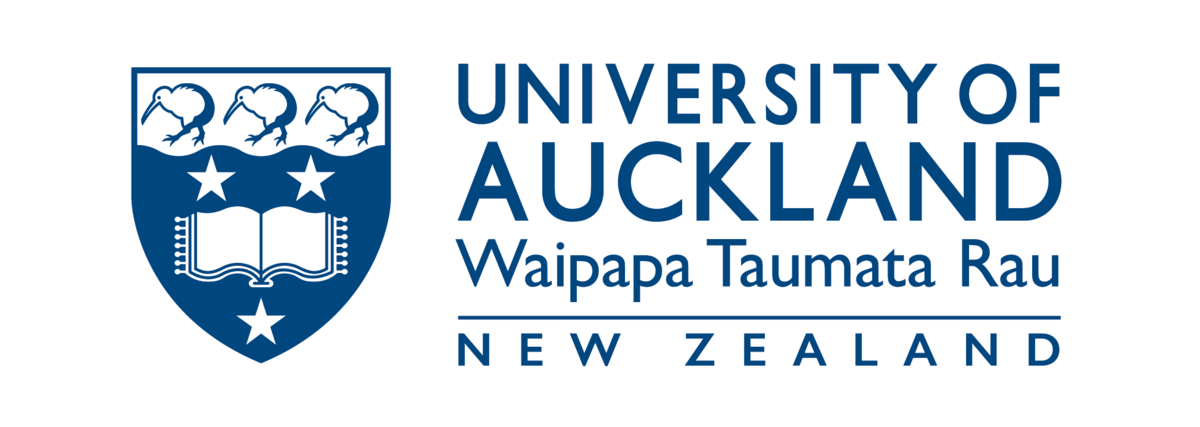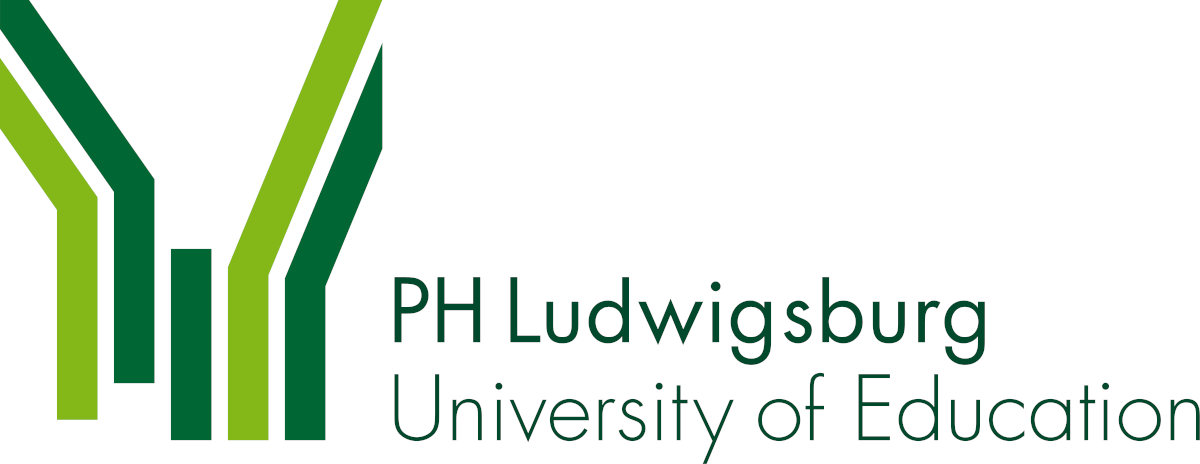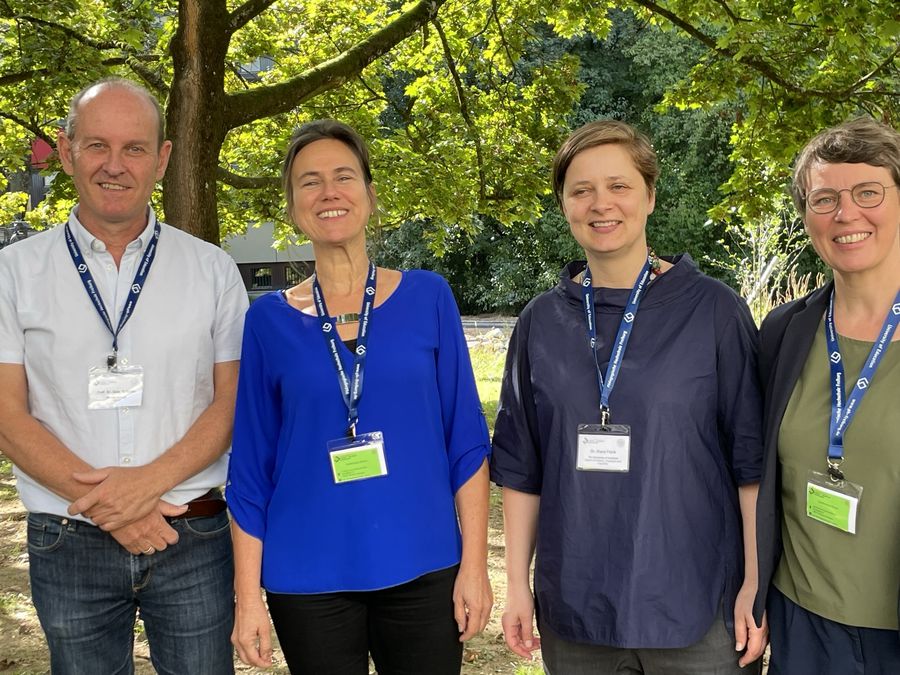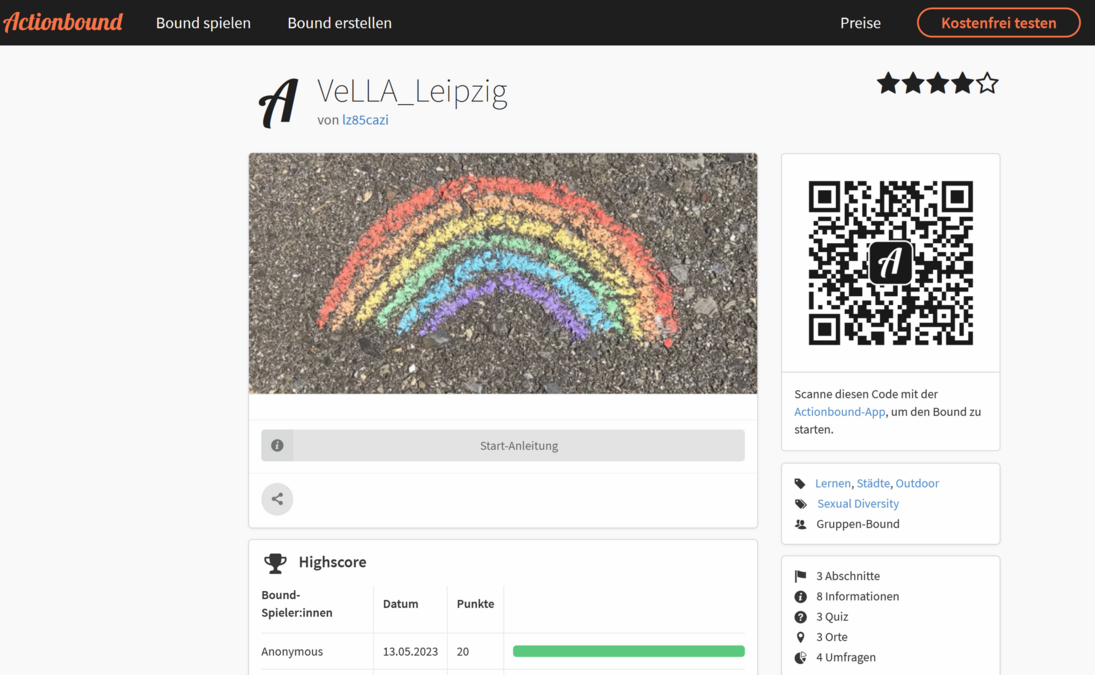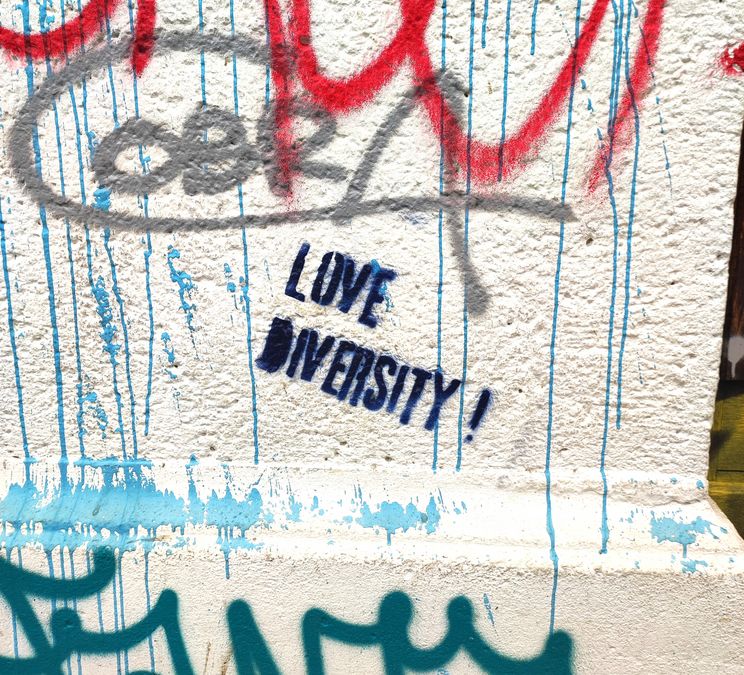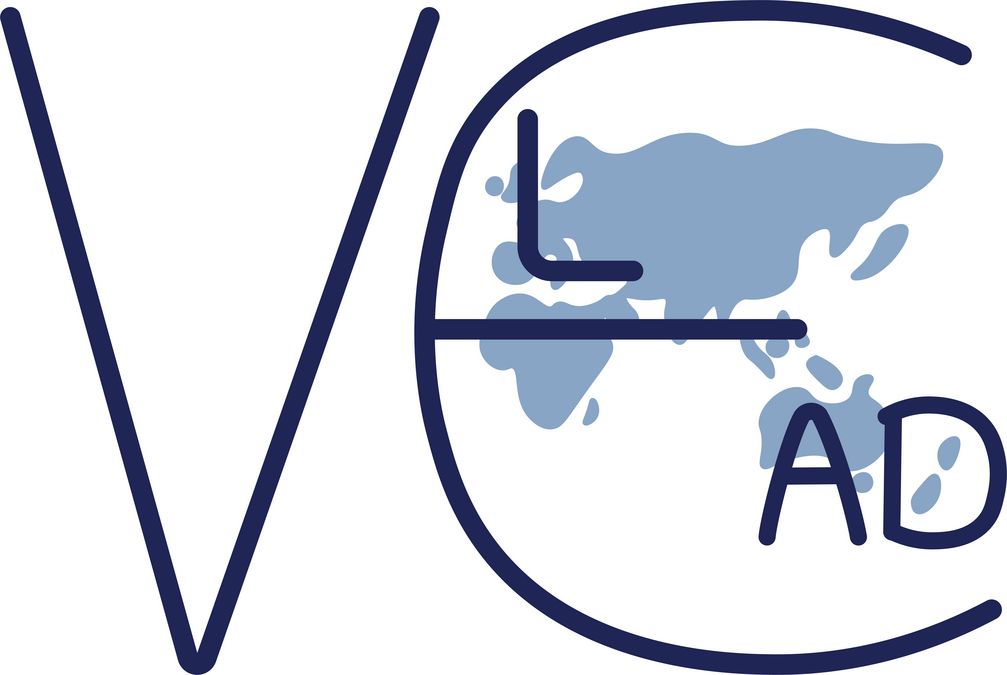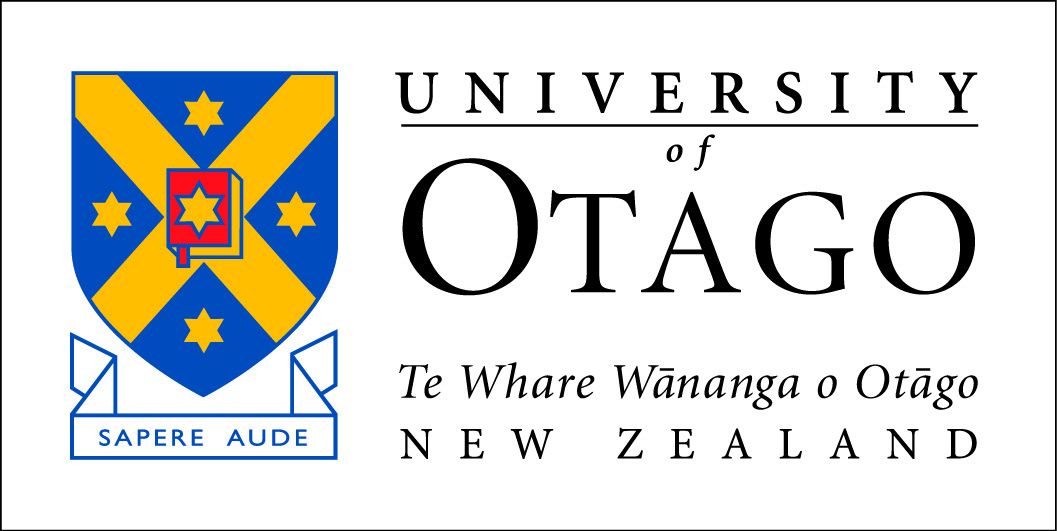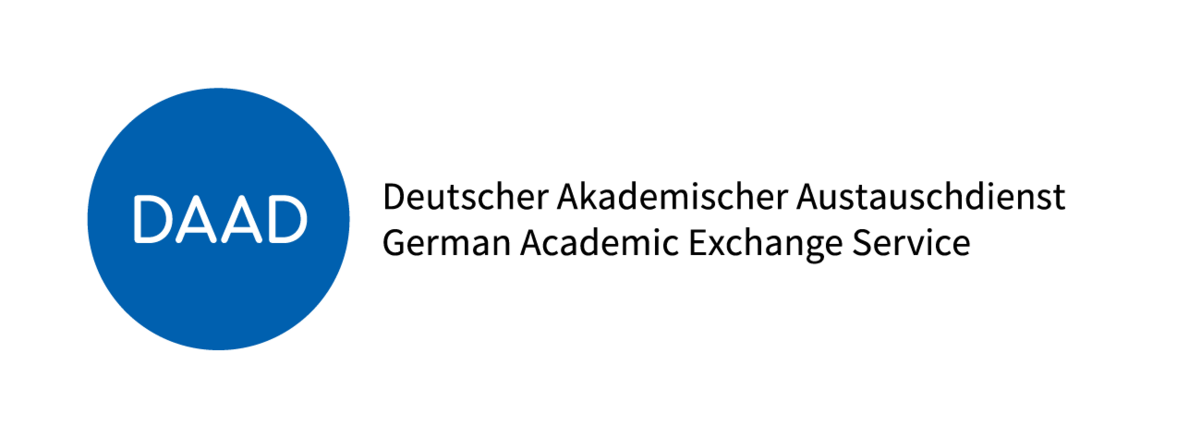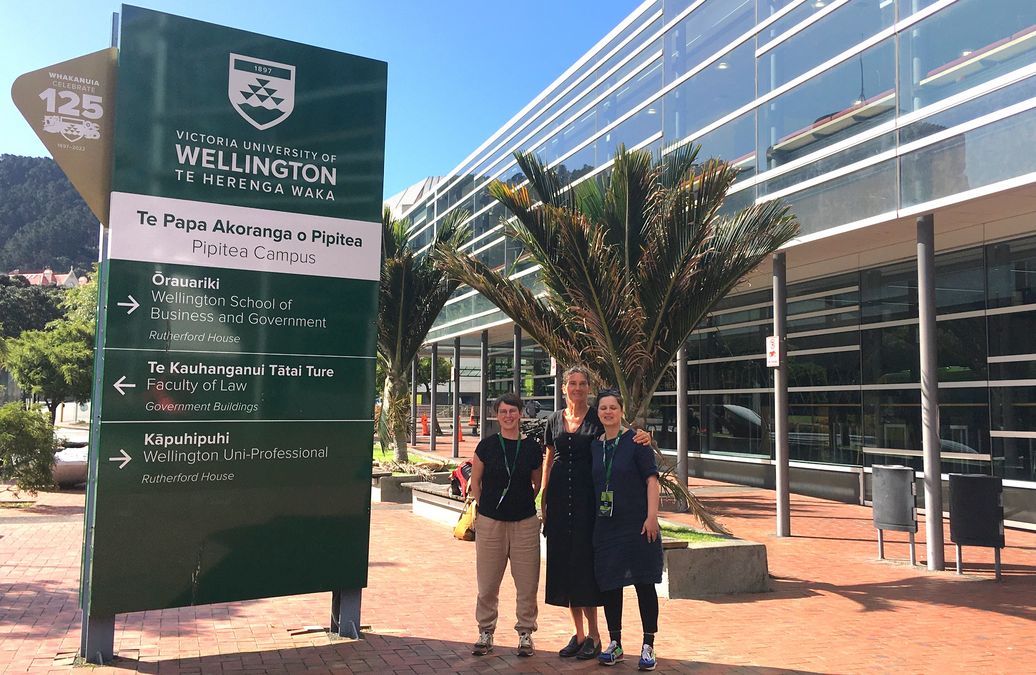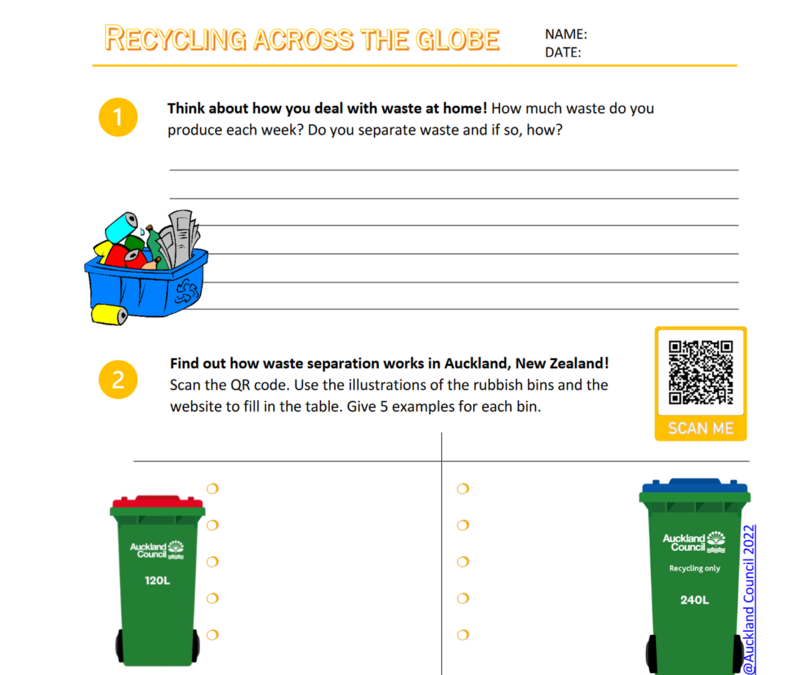Since 2019, students from the Institute of English at the University of Leipzig and the School of Cultures, Languages, and Linguistics - German at the University of Auckland - Waipapa Taumata Rau, Aotearoa/New Zealand, have been collaborating in virtual exchange projects. These projects enable them to acquire international experience and enhance their digital, intercultural, foreign language, subject didactic, and collaborative skills. Find out more about these projects.
Since 2019, students from the Institute of English at the University of Leipzig and the School of Cultures, Languages, and Linguistics - German at the University of Auckland - Waipapa Taumata Rau, Aotearoa/New Zealand, have been collaborating in virtual exchange projects. These projects enable them to acquire international experience and enhance their digital, intercultural, foreign language, subject didactic, and collaborative skills. VE (virtual exchange) projects also provide the opportunity to use the respective target language in authentic contexts and to experience cultural learning in a context-specific manner. For future foreign language teachers, these projects offer the chance to familiarize themselves with virtual exchange from the participant's perspective and gain insights into the planning, guidance, and reflection of exchange projects. Students can benefit from these experiences in their own implementation of VEs in the school context. VE aims to broaden horizons in various aspects, such as collaborating in international teams spanning different time zones, engaging with partners who are multilingual and culturally diverse, and navigating diverse didactic and digital environments.
The virtual exchange projects typically run 6-11 weeks and are connected to existing modules or courses of the respective curricula. During a virtual exchange (VE), multiple synchronous virtual meetings and workshops (e.g., on the use of digital tools) are usually conducted with all project participants. Simultaneously, students work collaboratively in self-organized teams on project tasks (e.g., exploring linguistic landscapes in their respective cities on a globally relevant topic, creating an interactive digital learning activity on this subject, developing a guide for educators in the form of an OER). Additionally, students continuously reflect on their experiences in learning journals or “VE logbooks”. The products created in the project are recognized as examination performances and are published on the EDUdigitaLE platform.
Research
The VE (Virtual Exchange) projects are empirically investigated to address various questions, contributing to research on virtual learning spaces, digital teaching and learning technologies, virtual multilingual collaboration, and intercultural multimodal interaction. The following key areas have been explored:
- Language use practices in multilingual online collaboration (Feick & Knorr 2021a; b)
- The role of emotions in virtual exchange projects (Feick & Knorr 2022, Knorr & Feick, upcoming)
- Multimodal aspects of bilingual chat interaction (Feick & Knorr, in preparation)
- The implementation of VE from the perspective of project leaders (Biebricher, Feick & Knorr, in press)
VE contributes to the internationalization of (teacher education) studies, promotes the use and exploration of digital educational technologies and international collaboration formats in teaching, and fosters equal opportunities as part of internationalization strategies at home.
Projects
Project duration: 2022-2024
Project period: April – June 2023
Project partners:
- University of Leipzig, Institute of English, chair of English Didactics
- The University of Auckland (New Zealand), Faculty of Arts – German & Faculty of Education and Social Work – TESOL
- Ludwigsburg University of Education, Institute of English
Project leaders: Dr. Christine Biebricher (UoA), Dr. Diana Feick (UoA), Dr. Petra Knorr (UL), Prof. Dr. Götz Schwab (PH Ludwigsburg)
Team: Dr. Christine Biebricher (UoA), Dr. Diana Feick (UoA), Dr. Petra Knorr (UL), Prof. Dr. Götz Schwab (PH Ludwigsburg), Mareike Schmidt (UoA), Xenia Pankow (UoA), Greta Lassen (UoA)
Funding: The Faculty of Arts Research Development Fund
Project description:
The exchange project VELLA took place between April and June 2023 involving students from the University of Auckland (UoA), the University of Leipzig (UL), and Ludwigsburg University of Education (PHL). In total, 66 students from four learning groups and four project leaders participated in the exchange. Participants in Auckland were German students from various subjects as well as second-year TESOL (Teaching English to Speakers of Other Languages) students. At the University of Leipzig and Ludwigsburg University of Education, students enrolled in English teaching programs for various types of schools participated.
Conceptually, a task-oriented, project-based approach was pursued, aiming for the problem-based, collaborative co-production of an interactive project product using digital technologies. For this purpose, teams of two were formed, utilizing either the respective target languages, English or German (10 BILI teams), or using English as a lingua franca (23 TESOL/TEFL teams). The project work was complemented by synchronous meetings with all project participants (kick-off, work in progress, presentation of results) and several local meetings within the four project groups. The project task was to comparatively explore the theme of diversity in urban spaces in its various facets. Similar to previous projects, linguistic landscapes and associated socio-cultural practices related to a selected sub-theme of diversity were to be investigated. With a focus on creating an interactive project product and accompanying digital materials for teachers and learners (OER), this project aimed to enhance pedagogical competencies. The produced project products ranged from digital city rallies on gender diversity, Learning Snacks on multicultural coexistence, digital posters with quiz questions on linguistic diversity in New Zealand and Germany, to digital escape rooms focusing on the theme of disability. A selection of Open Educational Resources is published on EDUdigitaLE and includes a link to the interactive project products as well as guidance for educators.
"VeLAD" stands for "Virtual Exchange Leipzig – Auckland – Dunedin" and is a project funded by the DAAD as part of the IVAC initiative. The project centered around a binational, virtual exchange seminar that engaged students from the University of Leipzig, the University of Auckland, and the University of Otago (New Zealand).
Project duration: October 1, 2021 – December 16, 2022
Project period: April – June 2022
Project partners:
- University of Leipzig (Germany), Institute of English Studies, chair of English Didactics
- The University of Auckland (New Zealand), Faculty of Arts – German
- University of Otago (New Zealand), School of Arts – German
Project leaders: Dr. Petra Knorr (UL) / Dr. Diana Feick (UoA)
Team: Dr. Petra Knorr (UL), Dr. Diana Feick (UoA, NZ), Mareike Schmidt (UoA, NZ), Dr. Antonie Alm (UO, NZ), Sophie Kriegel (UL), Marie Eismann (UL), Xenia Pankow (UoA)
Funding:
The project was supported by the German Academic Exchange Service (DAAD) under the IVAC program – International Virtual Academic Collaboration, funded by the Federal Ministry of Education and Research (BMBF).
Project description:
The VE project VELAD took place from April to June 2022, involving English education students from UL and German students from the University of Auckland and the University of Otago (Dunedin) in New Zealand. The 38 project participants collaborated in bilingual teams on themes of current societal relevance such as multilingualism, sustainability, and diversity. They conducted research, documented, and compared a topic of their choice in their respective cities. Research findings were compiled in digital linguistic and cultural maps, which were then used to create digital Open Educational Resources for teachers and learners of German and English. The project-specific process was structured, guided, and facilitated through a learning platform, enabling asynchronous and synchronous collaboration among all participants. A selection of Open Educational Resources is published on EDUdigitaLE, including a link to interactive project products and guidance for educators.
Project period: September – October 2020
Project partners:
- University of Leipzig (Germany), Institute of English Studies, chair of English Didactics
- University of Auckland (New Zealand), Faculty of Arts – German
Project leaders: Dr. Petra Knorr (UL) / Dr. Diana Feick (UoA)
Team: Dr. Petra Knorr (UL), Dr. Diana Feick (UoA)
Project description/objectives:
From September to October 2020, the Virtual Exchange (VE) project, limited to an online format due to pandemic-related restrictions, took place with the participation of 34 students from UL and UoA. In addition to fostering intercultural, language, and digital competencies, the project aimed to promote (critical) awareness of multilingualism through its bilingual focus (German/English) and the theme Multilingualism in Linguistic Landscapes in Leipzig and Auckland. It addresses a central concern of recent foreign language and multilingual didactic efforts – confronting the challenges of linguistic and cultural diversity in increasingly multilingual classrooms and exploring their learning potentials.
Project period: April – May 2019
Projekt partners:
- University of Leipzig (Germany), Institute of English Studies, chair of English Didactics
- University of Auckland (New Zealand), Faculty of Arts – German
Project leaders: Dr. Petra Knorr (UL) / Dr. Diana Feick (UoA)
Team: Dr. Petra Knorr (UL), Dr. Diana Feick (UoA), Dr. Kathrin Schwandtke (UL)
Project description/objectives:
The virtual exchange project LiLLA took place from March to June 2019, involving 60 participants and spanning approximately 11 weeks. The exchange occurred between third-year students in the German program at the University of Auckland and English education students at the University of Leipzig. The project encouraged a tandem language approach, where both German and English were used equally. Following a technology-enhanced project-based language learning approach (Dooly Owenby & O’Dowd 2018, p. 24), the project task involved binational teams of two to three students documenting and collaboratively analyzing language landscapes at both project locations through photography or videography. This work process was supported by guidance on possible analysis categories and specific questions. The results of comparative analyses were to be presented using a jointly developed multimedia poster (project product). For Leipzig's English education students, this semester-long project provided an experiential learning scenario on the topic of virtual exchange, incorporating guided reflection phases alongside the actual experience of virtual project work.
Publications and Lectures
- Feick, Diana & Knorr, Petra (in preparation): Bilinguale multimodale Online-Interaktion im virtuellen Austausch. Zeitschrift für Interaktionsforschung in DaFZ.
- Knorr, Petra & Feick, Diana (in preparation): Navigating and reflecting emotions: Pre-service EFL teachers experiences in virtual exchanges. The Language Learning Journal.
- Biebricher, Christine, Feick, Diana & Knorr, Petra (in press): Interaktionsprozesse in einem virtuellen Austauschprojekt – duoethnographische Reflexionen der begleitenden Lehrpersonen. Fremdsprachen Lehren und Lernen (FluL) 53(1).
- Feick, Diana & Knorr, Petra (2022): Emotional Aspects of Online Collaboration – Virtual Exchange of Pre-Service EFL Teachers. In: Barkhuizen, Gary (Hrsg.): Language teachers studying abroad: Identities, emotions and disruptions. Multilingual Matters, 202-218.
- Feick, Diana & Knorr, Petra (2021a): Developing Multilingual Awareness Through German-English Online Collaboration. In: Lanvers, U.; Thompson, A. & East, M. (Hrsg.): Language learning in Anglophone countries: Challenges, practices, solutions. Palgrave Macmillan, 331-358.
- Feick, D., & Knorr, P. (2021b): Mehrsprachigkeitsbewusstheit in digitalen Lernumgebungen: Das virtuelle Austauschprojekt „Linguistic Landscapes Leipzig – Auckland“. Language Education and Multilingualism – The Langscape Journal, (3), 135-157.
- Teacher perspectives on virtual exchange: a duoethnographic study
Christine Biebricher & Diana Feick, 2023 ALANZ Symposium: Applied linguistics: Looking forward and looking backward, Auckland, November 25, 2023. - Bilingual multimodal online interaction in virtual exchange
Diana Feick / Petra Knorr, 4th Online Conference: Interaction in DaFZ - Interactions between Teaching and Everyday Life, November 11, 2023. - Empirical research in second language teacher education: Going global with virtual exchange
Petra Knorr, Junior Researchers Conference on Foreign Language Research, Masaryk University Brno/CZ, November 4, 2023. - Research on virtual exchange: Studies in the context of foreign language teacher education
Christine Biebricher / Petra Knorr, Research Colloquium Empirical Language Didactics Leipzig, University of Leipzig, November 1, 2023. - Duoethnographic considerations in the context of virtual exchange projects: A study on the perspectives of accompanying educators
Christine Biebricher, Diana Feick, Petra Knorr, Götz Schwab, DGFF Congress PH Freiburg, September 28, 2023. - Emotional trajectories of foreign language learners in virtual exchange projects: A case-study
Petra Knorr, Applied Lingustics Conference / ALANZ (Applied Linguistics in Aotearoa New Zealand), Wellington, November 25, 2022. - Navigating and reflecting emotions: Pre-service EFL teachers experiences in virtual exchanges
Petra Knorr, Second Language Teacher Education Conference, University of Vienna, September 15, 2022. - Polymedia & VE: Practices of language and media use in bilingual online collaboration
Diana Feick / Petra Knorr, Network Symposium Virtual Exchange, digital, March 15, 2022. - Multilingual awareness in virtual learning environments
Diana Feick / Petra Knorr, Conference The Value of Languages in a Multicultural World, Multilingualism Research Centre, Macquarie University / Sydney, Australia, December 14, 2021. - Emotional aspects of online collaboration: virtual exchange of pre-service EFL
Diana Feick / Petra Knorr, ALANZ SYMPOSIUM 2021 Diverse Approaches in Applied Linguistics: Exploring Perspectives, Building Connections / Massey University, New Zealand, November 27, 2021. - Language Teachers Studying Abroad
Diana Feick & Gary Barkhuizen et al., ALANZ Symposium at the University of Otago, Dunedin, New Zealand, November 28, 2020. - Bilingual virtual exchange: Practices of language use in online collaboration
Diana Feick / Petra Knorr, 29th DGFF Congress, University of Duisburg-Essen, Section 14, September 23, 2021. - "Multimedia Aspects of Decision Actions in Learning Groups"
Diana Feick, XIV Congress of the International Association for German Studies at the University of Palermo, Italy, July 30, 2021. - Collaborative learning in multilingual digital learning environments
Petra Knorr, Research Colloquium Empirical Language Didactics Leipzig, July 15, 2020.
